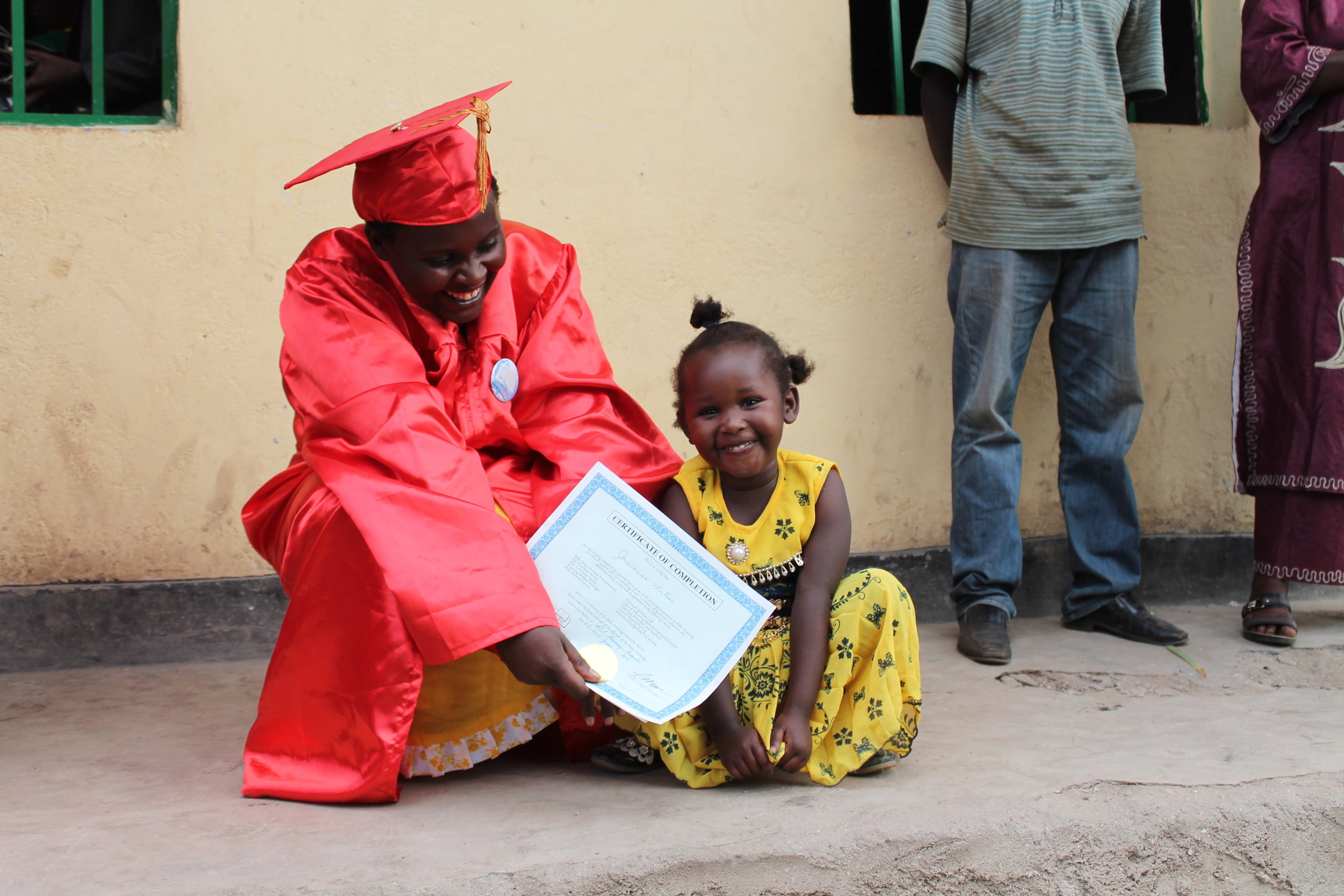BTCP’s stance on women holding the office of Elder or Pastor
BTCP cannot be used to train men who have been divorced, or women, to be pastors. Anyone other than a pastor may be trained and equipped through the BTCL program and receive a BTCL certificate of completion rather than a BTCP certificate.
For BTCL students, the above qualifications regarding character and motivation should be true as well, even though the biblical qualifications for pastors would not directly apply.
Statement on the use of the BTCP or BTCL curriculum for training women.
We at BTCP are aware of the controversial nature of issues regarding women who serve as pastors. We recognize that many women are serving or functioning in this capacity. This issue is one of the reasons that the Bible Training for Church Leaders (BTCL) track was developed.
In accordance with the qualifications of elders given in I Timothy 3 and Titus 1, BTCP as an organization does not train women specifically to be pastors or elders, we do, however, provide training through BTCL classes, which allows both men and women to be adequately trained for ministry.
Our position concerning women as pastors is in no way a statement which seeks to devalue women. Women are equal before the Lord in terms of salvation (Gal. 3:26-29), value (Gen 1:27; Matt. 19:4-6), and future inheritance (I Pet. 3:7). The difference presented in Scripture is one of role not of value (I Cor. 11:3; Titus 2:3-5).
Women were vital in the ministry of the Lord Jesus (Matt. 28:8; Mark 15:41; Luke 1:42) and the apostle Paul (Acts 17:4; Rom. 16:12; Phil. 4:3). Scripture is clear that women are spiritually gifted and are to be a vital part of any new testament church. Just as men should be trained in order to serve most effectively, so too should women be trained in order to be most effective in their ministry.
The BTCL general curriculum was developed for those men and women who would not necessarily go on to be pastors and/or elders but would serve in other areas of ministry within the church. It includes 8 of the ten courses of the BTCP curriculum with the remaining two of those courses treated as electives. We made this adaptation in order to serve all those who wish to be trained, including women, while stopping short of certifying with a certificate that BTCP has trained them to be pastors. Upon graduation women are given a BTCL certificate rather than a BTCP certificate.
Our preference is that women be taught in a class that is designated as BTCL rather than BTCP. If this is not possible a woman may attend a BTCP class but would receive the BTCL certificate upon completion. Women also should not teach a BTCP class. We would be delighted for a qualified woman to teach a BTCL class, however, if all the students are women.
We realize the significance of this issue and its potential to create a divisive situation. That is why we have sought to reach the best possible solution for providing training while stopping short of compromising what we understand the Scriptures to teach on this issue of qualifications for church leadership. The subject is also discussed in the BTCP/BTCL Doctrine Manual (#5) objectively from Scripture so that each student can determine what the text communicates on the subject.

